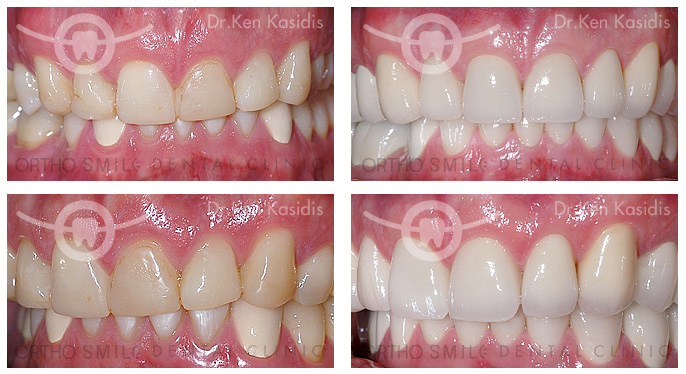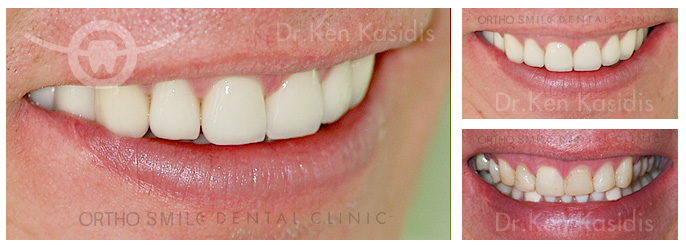
Full Mouth Rehabilitation
Full mouth rehabilitation, also referred to as full mouth reconstruction or full mouth restoration, is a comprehensive dental procedure aimed at restoring the health, function, and appearance of the entire mouth. It is typically recommended for patients who have extensive dental problems that impact their oral well-being.
The goal of full mouth rehabilitation is to address dental problems comprehensively, improve oral health, restore proper function for eating and speaking, and enhance the overall appearance of the smile. The treatment plan is tailored to meet the individual needs of the patient and may require multiple appointments over a period of time.
Full mouth rehabilitation requires a collaborative effort between different dental specialists, including prosthodontists, periodontists, orthodontists, and oral surgeons, to ensure the best possible outcome. The treatment process may vary for each patient, but the ultimate objective is to achieve a healthy, functional, and aesthetically pleasing smile.
Suitable Candidates For A Full Mouth Rehabilitation
A full mouth rehabilitation is suitable for people who have experienced following dental issues:
- Extensive tooth decay: When multiple teeth are affected by decay or cavities, compromising their structure and function.
- Gum disease (periodontal disease): Advanced gum disease can lead to gum recession, bone loss, and tooth mobility, necessitating comprehensive treatment to restore gum health and stabilize teeth.
- Tooth loss: Whether due to decay, trauma, or other reasons, missing teeth can lead to difficulty chewing, speech problems, and aesthetic concerns. Full mouth rehabilitation can involve replacing missing teeth with dental implants, bridges, or dentures.
- Severe tooth wear: Excessive wear of tooth enamel due to bruxism (teeth grinding), acid erosion, or other factors can lead to sensitivity, aesthetic concerns, and compromised chewing function.
- Bite problems (malocclusion): Misalignment of the teeth and jaws, such as overbites, underbites, or crossbites, can lead to jaw pain, headaches, and difficulty chewing. Full mouth rehabilitation may involve orthodontic treatment or other interventions to correct bite issues.
- TMJ (temporomandibular joint) disorders: Dysfunction of the jaw joints can cause pain, clicking or popping sounds, difficulty opening or closing the mouth, and other symptoms that may require specialized treatment as part of a full mouth rehabilitation plan.
- Aesthetic concerns: Individuals with multiple dental problems affecting the appearance of their smile, such as stained, misshapen, or unevenly spaced teeth, may benefit from cosmetic procedures as part of a full mouth rehabilitation plan, such as veneers, crowns, or teeth whitening.
- Chronic oral health issues: People with chronic oral health conditions that have not been adequately addressed over time, leading to a deterioration in overall oral health, may benefit from a comprehensive full mouth rehabilitation approach to restore function and aesthetics.
It’s essential for individuals considering full mouth rehabilitation to undergo a thorough evaluation by a qualified dental professional to determine their specific dental needs and suitability for the treatment. Each case is unique, and the treatment plan should be customized to address the individual’s oral health goals and concerns.
Case example 1:
Full mouth rehabilitation with ceramic crowns

Case example 2:
Full mouth rehabilitation with all ceramic crowns


